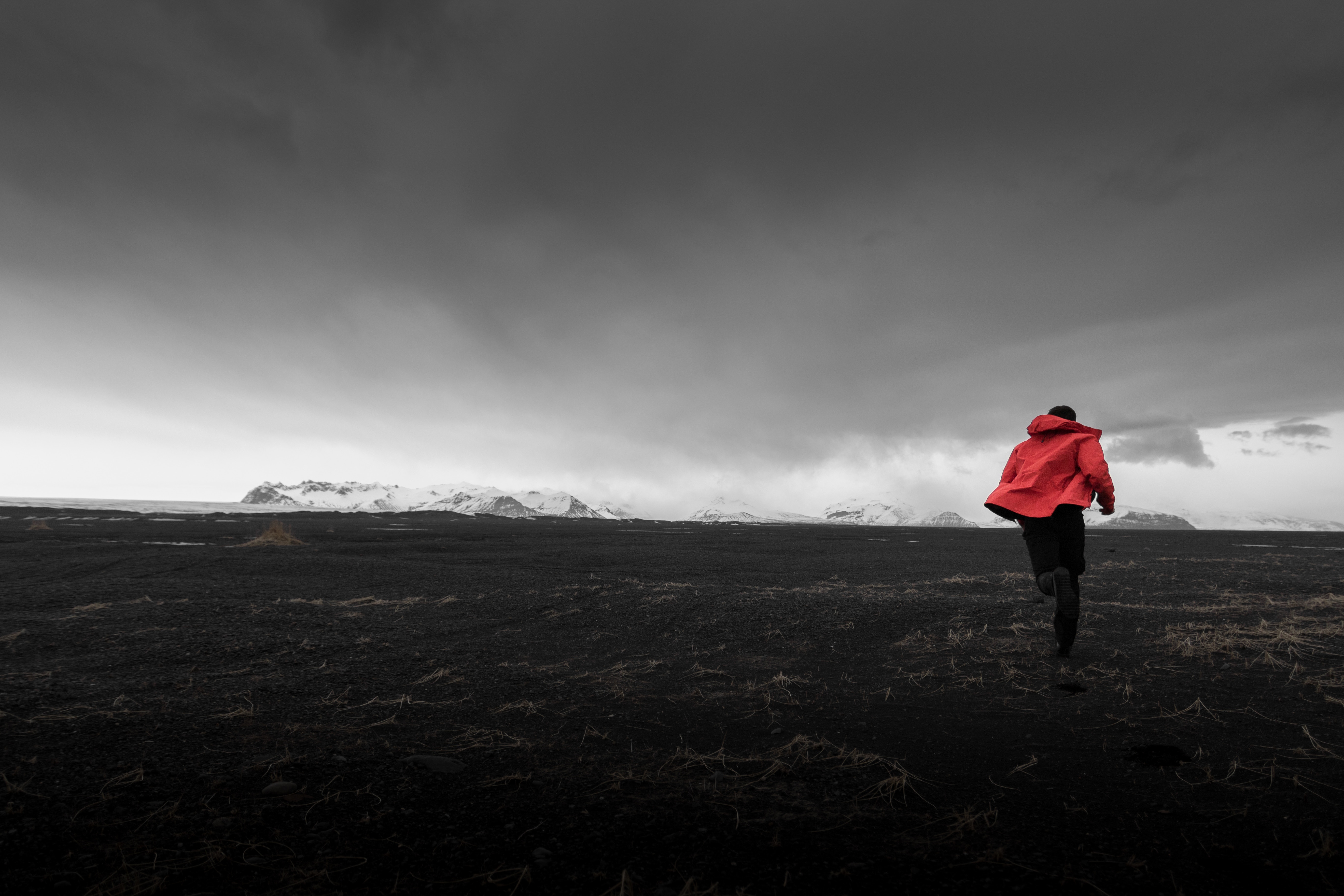I’m sure you have an Ondoy story to tell back in 2009. It’s embarrassing to admit that we made three mistakes that have cost us a lot: 1) our car was submerged in the flood due partly to our fault, 2) our comprehensive car insurance didn’t include an “Acts of God” or AOG clause, and 3) the policy expired a month before and we decided not to renew it since it was an eight-year-old car anyway (although it wouldn’t have made a difference). Like many who have been affected, we were just thankful that’s the only thing we lost.
But this whole calamity has made risk a reality for all of us. What we think wouldn’t happen did. For many of us, we handle risk the wrong way: we go into denial (it won’t happen to me), get overconfident (I can take it), become nonchalant (whatever), turn fatalistic (bahala na what happens), or become dismissive (I’ll just cross the bridge when I get there).
And then, without warning, we get sick, fired, sued, disabled, scammed, or flooded. The car gets totaled and the house catches on fire. That’s about the only time we realize we should have done something. Well, what exactly can we do? Here are some things we can all learn:
Avoid high risks. It’s almost impossible to avoid risk, but you can certainly minimize it. Stop eating junk food, don’t drink and drive, don’t get into an investment you don’t understand, avoid dangerous recreational activities, you know the drill.
Get insured. Insurance doesn’t remove the risk, but it mitigates the financial loss of a catastrophe like death, illness, accident, or calamity. Filipinos need to appreciate the importance of insurance.
Be prepared. Risk management is about planning ahead, even if it means looking like a pessimist who thinks about the worst thing that could happen. You don’t have to be an extremist; just objectively assess what the risks in your life are, the odds of them happening, and what reasonable steps you need to take.
Have a Plan B. An emergency fund is one form of a backup plan, in case you lose your job or get hospitalized for months. Diversifying your sources of income is another. A last will and testament is yet another form.
Pray. Even as we plan for risks, we also need to live in faith, not fear. Otherwise, what a miserable life it would be if we’re always worried about the worst case scenario. And if the risk becomes reality, having faith in God will help you go through it – and if you’re blessed with a miracle – and get out of it.
The phrase “Acts of God” has become widely known because of that calamity, even though the disaster was as much due to “Acts of Man.” Many times, we have only ourselves to blame for the consequences of our individual and collective action or neglect.
